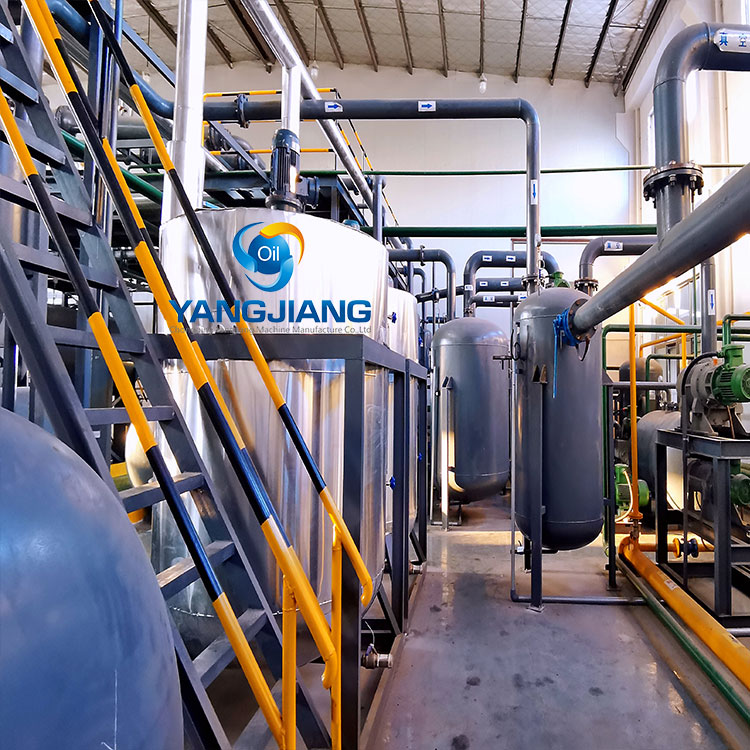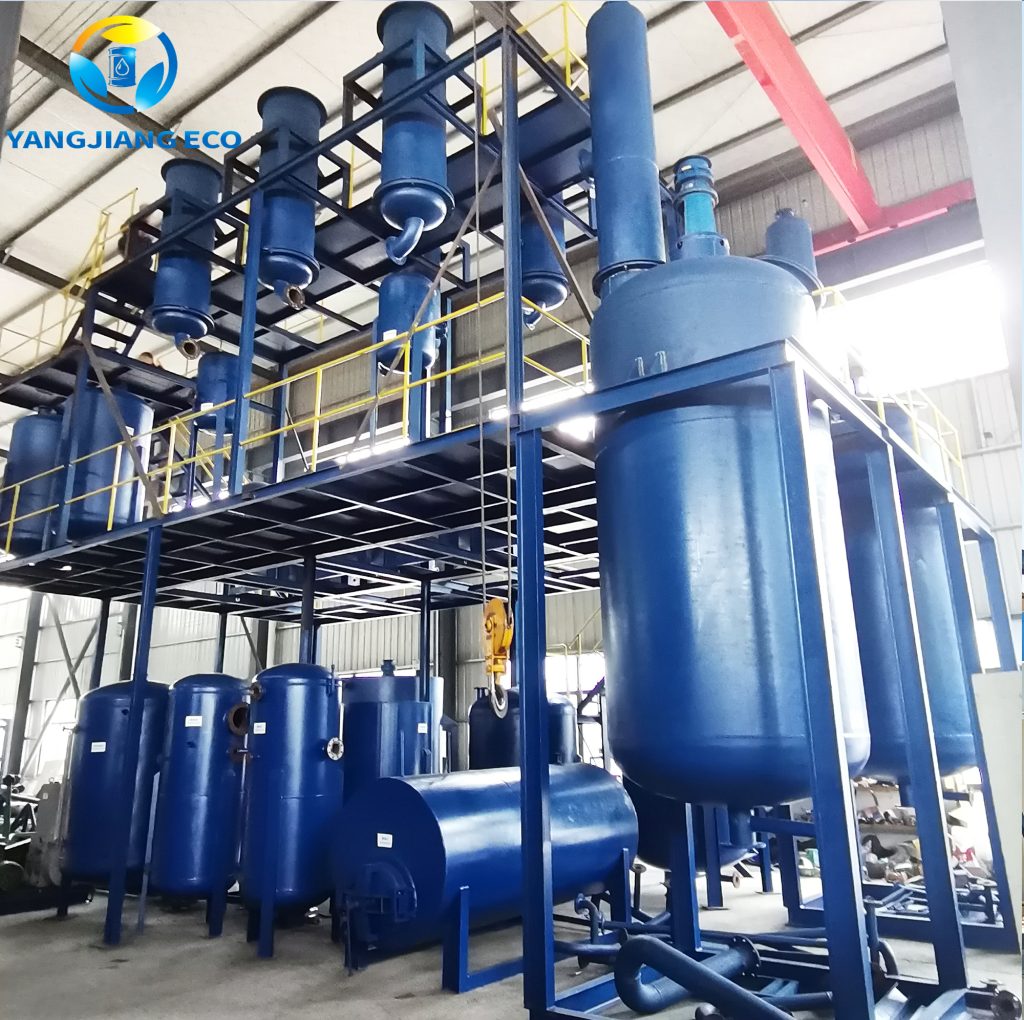A proper disposal of waste oil is essential for the protection of the environment and for business profit. Every year, used industrial and motor oil is improperly recycled, which is a source of pollution and in violation of strict environmental laws. However, recycling waste oil offers a more efficient solution that transforms the costs of disposal into income streams while also ensuring that you are in compliance.
With modern facilities for recycling waste oil, companies can effectively process the engine oil that is left over into useful products such as diesel, lubricants, and asphalt. This reduces the risk of harmful waste, but also provides new income opportunities. In this article, we will look at the top five issues with disposing of waste oil and how the latest recycling technology offers cost-effective, sustainable solutions for companies across the world.

Why Need Waste Oil Disposal?
The global demand for responsible waste oil disposal has never been more urgent. Used lubricants and industrial oils contain heavy metals, toxic chemicals, and hazardous compounds that can persist in the environment for decades. A single liter of improperly disposed waste engine oil can contaminate up to one million liters of fresh water, threatening aquatic life and drinking water supplies.
Beyond environmental harm, companies have to contend with increasing legal pressures. The governments of the world are imposing more severe penalties for non-conformity in the disposal of waste oil, with penalties reaching as high as tens of thousands of dollars for violators. The EU’s Waste Framework Directive and the U.S. EPA’s used oil management guidelines now require extensive tracking and certified methods for processing.
Additionally, the recycling of waste oil is a huge opportunity for economic growth. Recycling modernized waste oils facilities can recover more than 90% of the base oil content, a precious resource that is currently being wasted. Industries that employ recycling solutions do not just reduce environmental risk but also get the opportunity to earn new income streams that are derived from refinery products, making an attractive business case for sustainable disposal methods.
Waste Oil Disposal Problems & Solutions
Waste oil disposal poses significant challenges, from high costs to environmental harm. Here are 5 key problems businesses face—and how waste oil recycling plants provide efficient, profitable solutions.
High Disposal Costs
Traditional waste oil disposal methods like landfills and incineration come with steep fees, typically $0.50 to $5 per gallon, plus hazardous waste handling charges. For auto shops, factories, and recycling centers, these recurring expenses quickly drain profits.
Solution: A waste oil recycling plant eliminates disposal fees by converting used oil into valuable products like fuel or lubricants. Modern distillation systems recover 85-95% of reusable oil, turning a cost burden into revenue. For example, a mid-sized garage processing 500 gallons/month could save $2,000+ annually while selling recycled oil.
Payback periods for small-scale plants often fall under 2 years, making recycling a smarter long-term investment than paying for disposal.

Environmental Pollution Risks
Proper disposal of waste engine oil is a significant environmental risk. The oil used in the process is a source of heavy metals, toxic chemicals, and carcinogens that may seep into soil and groundwater. A single gallon of oil can pollute 1 million Gallons of water, which could threaten the ecosystem and drinking water supplies. Numerous businesses continue to illegally dump oil, and are facing massive fines as a result of the EPA and REACH rules.
Solution Recycling of waste oil plant reduces the risk of pollution by converting oil that has been used into fuels that can be used again or lubricants. Modern distillation systems employ closed loops, which prevent leaks and emissions. For instance, pyrolysis-based recycling decreases toxic byproducts by more than 90% when compared to open burning.
If they invest in proper recycling of waste oil, businesses can avoid fines while also conserving the environment, turning a risk into a viable business possibility.
Low Efficiency of Manual Processing
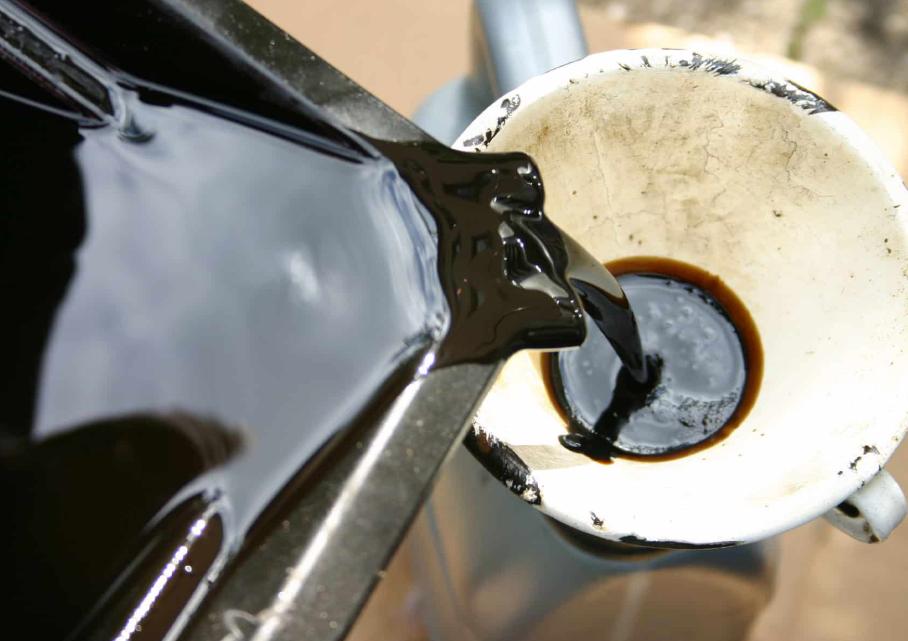
Traditional manual methods for waste oil disposal—such as basic filtration or settling tanks—are slow and inefficient, recovering only 30-50% of usable oil. The rest becomes hazardous sludge, wasting valuable resources and increasing disposal costs.
Solution: Modern waste oil recycling plants automate the process, using advanced distillation and purification technologies to extract over 95% of reusable oil. These systems remove impurities more effectively while operating continuously with minimal supervision.
For example, a European auto workshop increased its oil recovery rate from 40% to 92% after installing a compact recycling unit, turning waste into a profitable revenue stream. By eliminating labor-intensive manual work, businesses can boost efficiency, reduce waste, and maximize returns.
Limited Market for Used Oil
Many recyclers refuse the waste oil that is contaminated or of low quality, which leaves businesses with unusable stock and revenue opportunities that are lost. Traditional buyers typically demand premium oil, making it hard to sell used oil that has been treated.
Solution: A waste oil recycling plant refines low-grade oil into high-value products like biodiesel, industrial fuel, or lubricants–expanding market opportunities. Through processing oil on-site, businesses can:
- Sell directly to power plants, refineries, or biofuel producers.
- To meet the requirements of buyers, we offer purified, standardized output
- Reduce dependence on recyclers from third parties
To maximize your profits, combine the recycling program with agreements for local offtake in order to ensure that you have a consistent demand.
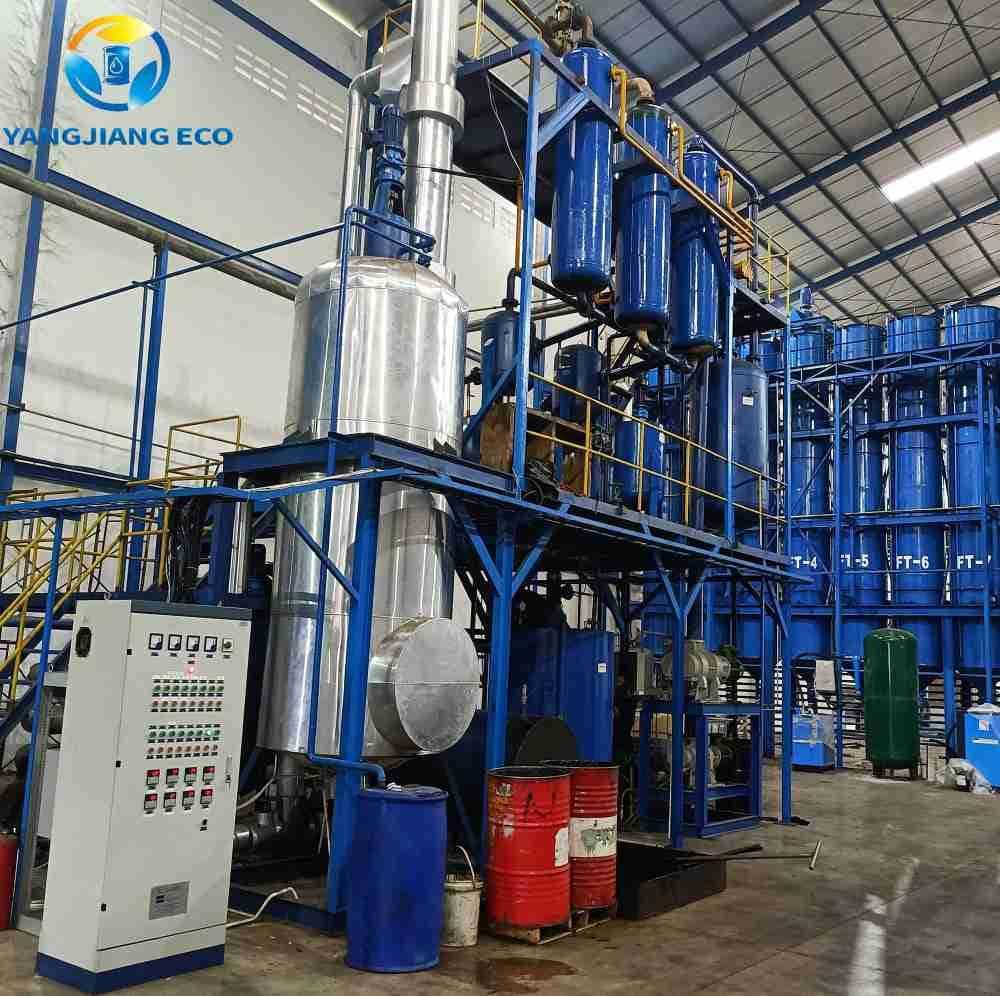
Storage & Transportation Challenges
Storing and transporting used oil safely is costly and risky. Improper storage leads to leaks, spills, and regulatory fines, while transporting waste oil requires specialized containers and permits, increasing operational expenses.
Solution:
An on-site waste oil recycling plant eliminates long-term storage needs by processing oil immediately. Compact, automated systems allow businesses to recycle oil continuously, reducing storage space and spill risks. For transportation, converting waste oil into refined fuel on-site minimizes off-site hauling, cutting logistics costs and liability.
Interested in Waste Oil Disposal?
Struggling with waste oil disposal problems? You’re not alone. Many businesses face rising disposal costs, environmental concerns, and inefficient processing methods. But there’s a smarter solution: modern waste oil recycling technology.
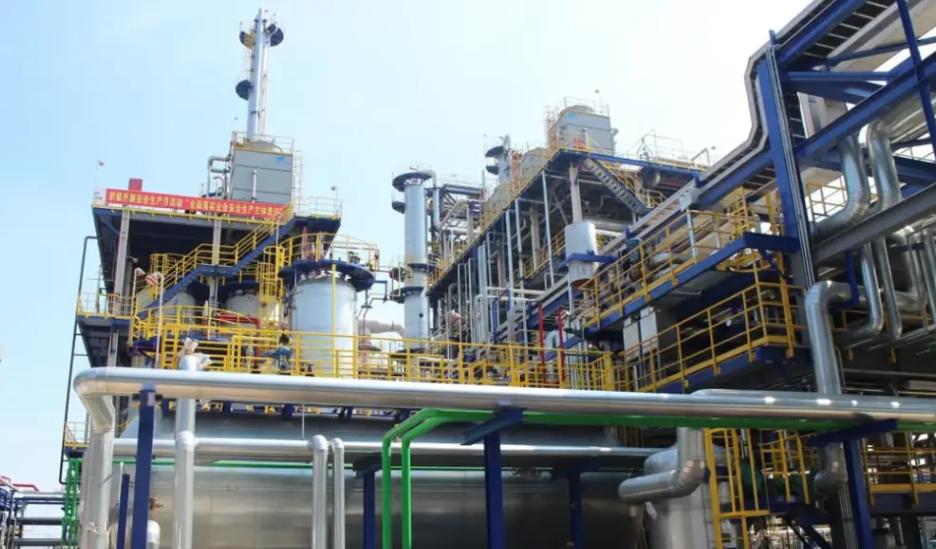
By investing in a waste oil recycling plant, you can:
- Reduce disposal costs by as much as 80 percent by converting trash into valuable products
- Reduce environmental risk with environmentally friendly, sustainable, and compliant processing
- Increase efficiency by implementing automated systems that can recover more than 95% of the usable oil
- Make new revenue streams by creating high-demand fuels and lubricants
Ready to revolutionize your waste oil management? Contact our experts today for a free consultation and discover how our advanced recycling technology can work for your business.
Recommended Products

